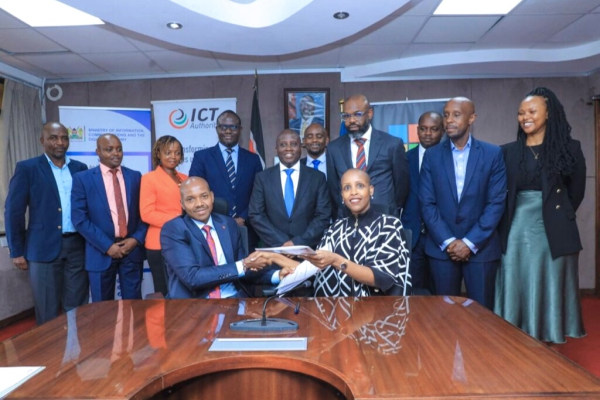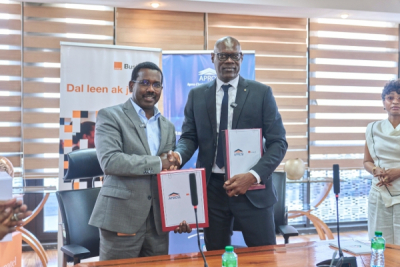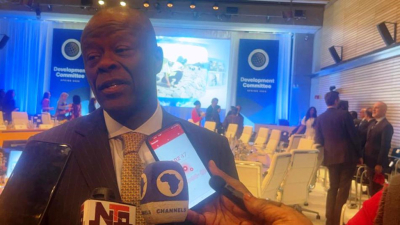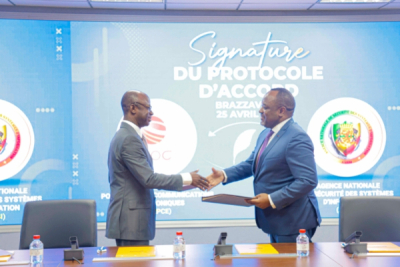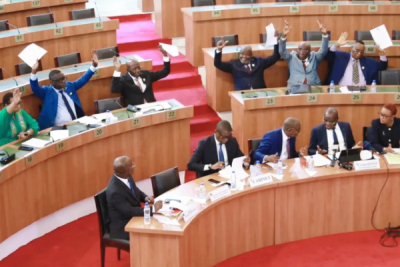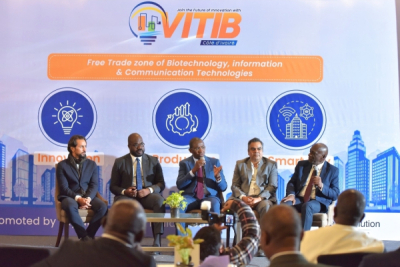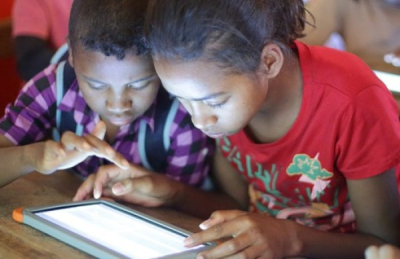To expedite its digital transformation journey, Kenya is bolstering its partnerships in the technology sector. Earlier this week, the authorities partnered with American giant Microsoft to improve the delivery of public services.
Stanley Kamanguya, Director General of the Kenya ICT Authority (ICTA), and Phyllis Migwi, Country Manager of Microsoft East Africa Company, signed a memorandum of understanding in the ICT sector on Tuesday, November 21 in Nairobi, Kenya. The aim is to reinforce the digital transformation underway in the country and integrate Microsoft cloud services to improve public service delivery with the adoption of the cloud-first strategy.
By February 2024, the Redmond-based firm will have to put in place a comprehensive framework for this purpose. The move to the cloud should enable Kenya to outsource the security and data protection of all its institutions to the American giant for the next three years, per the terms of the protocol.
"I would like to thank Microsoft for this engagement which has come at the right time. We believe that towards the end of this partnership, we shall enhance our cybersecurity awareness, enhance our digital skills, and develop key technology areas for a vibrant digital sector," said Stanley Kamanguya.
A few months ago, the Kenyan public services portal, eCitizen, suffered a cyberattack claimed by pro-Russian hacktivist group Anonymous Sudan, forcing authorities to take measures to ensure continuity of services like visa, passport, identity card, and driving license issuance.
Yet, Kenya is one of the African countries that performs best when it comes to cybersecurity. It ranks 5th on the continent and, is one of the few with a national cybersecurity strategy. In its report "Cybersecurity in Africa -Call to action" published in June 2023, consulting firm Kearney explains that the continent's ability to resist, adapt, and recover from cyberattacks is low. Sub-Saharan African countries do not invest enough in cybersecurity. The region’s average cybersecurity investment is around 0.03% of GDP while the average benchmark is 0.25%.
Kenya’s digital ambitions place the country among the top African targets for hackers. Therefore, it is allowing itself up to three years –the duration of the agreement with Microsoft– to get up to speed.
"As a leader in the tech space in Kenya, Microsoft is very glad to sign this MoU and for us, we are looking forward to seeing how we shall bring the full power of Microsoft services and products to the government for mutual benefit," explained Phyllis Migwi.
Adoni Conrad Quenum


